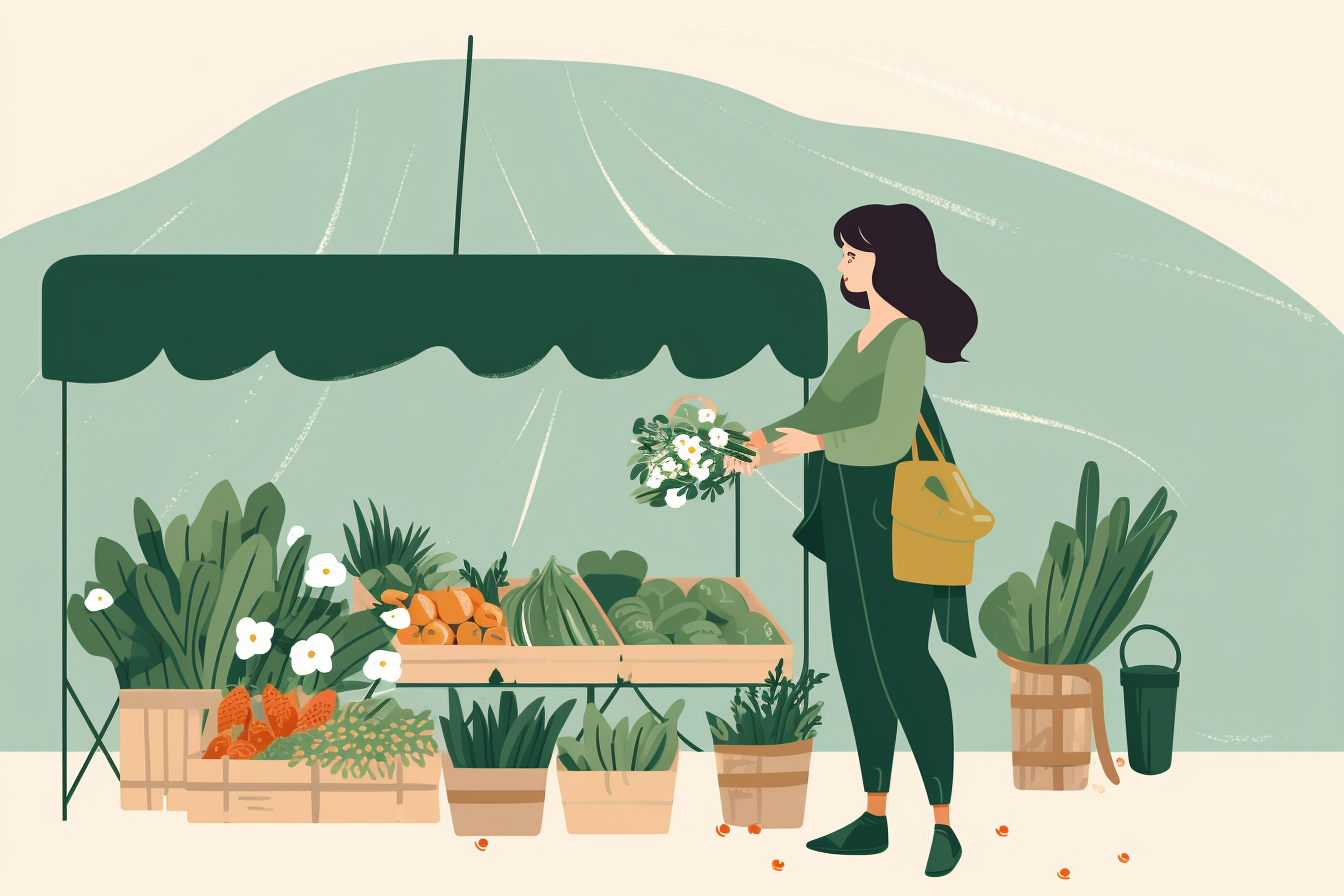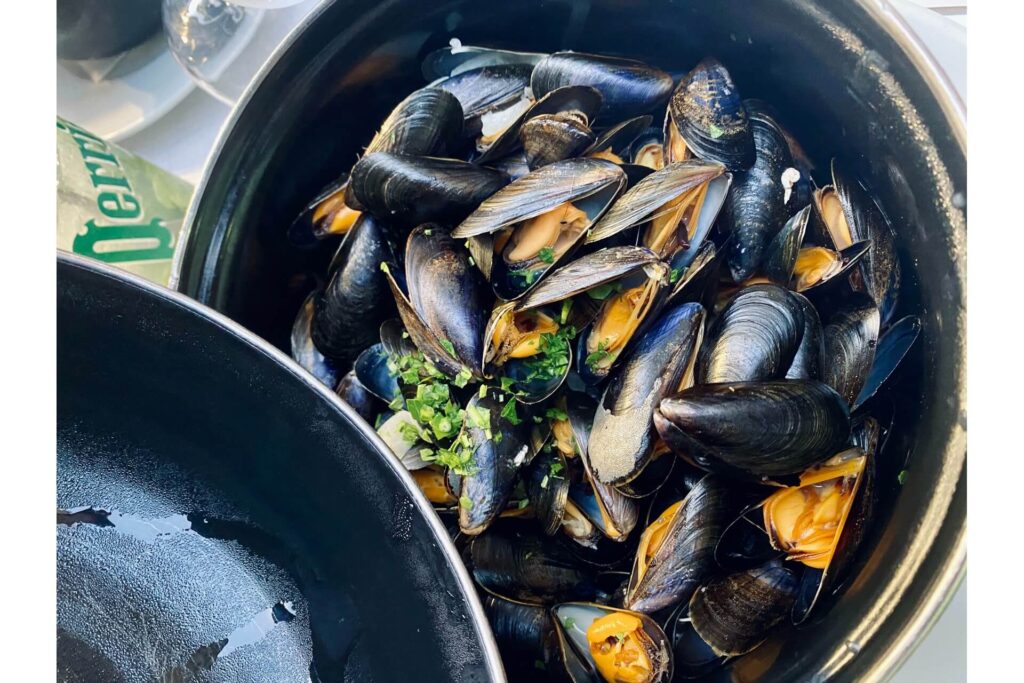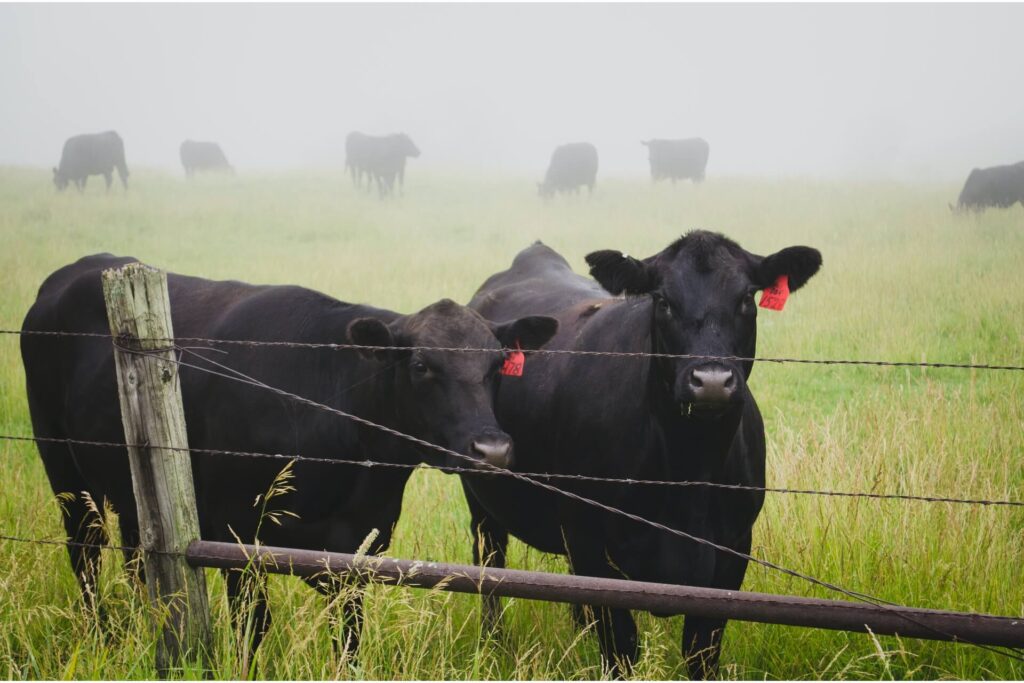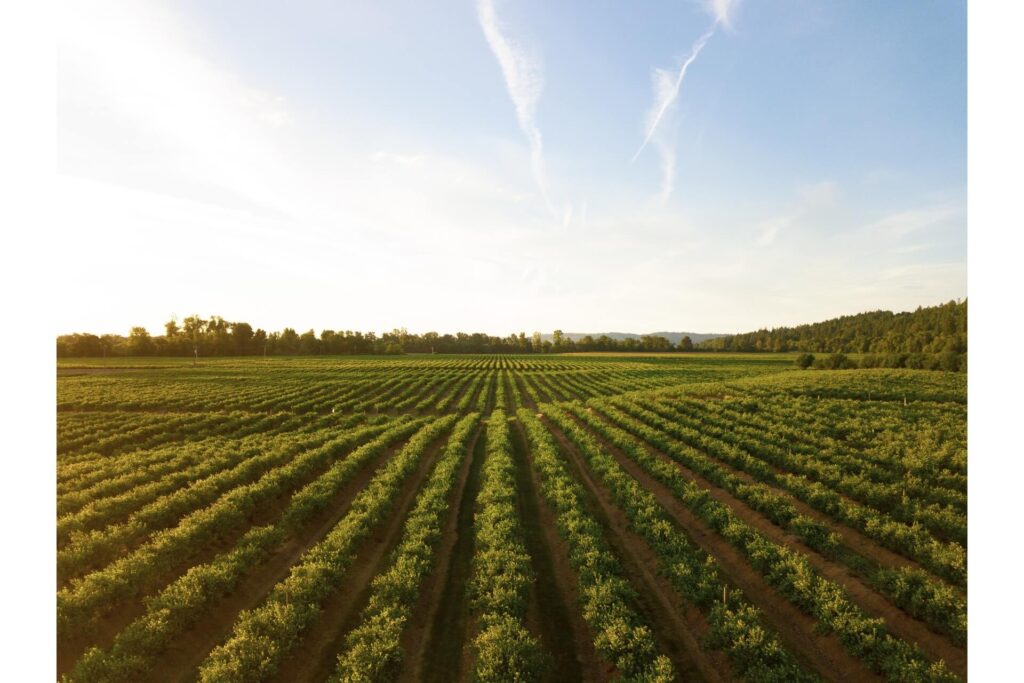
Body + Mind is reader-supported. We may earn an affiliate commission when you buy through some of the links on our site.
Scientists believe Earth has had conditions to support life for 4.3 billion years. The oldest fossils are 3.7 billion years old, so the planet has been a sustainable provider for eons.
However, today’s food is detrimental to the environment. What and how we currently eat for sustenance is killing nature. Is there a viable path to food sustainability?
Food sustainability is about producing enough food for everyone without harming the environment. It helps ensure future generations can enjoy the planet’s finite resources.
This movement addresses the flaws in the prevailing global food system. The status quo results in climate change and causes pollution. It also destroys natural habitats, threatens the numbers of animals, and endangers the food producers’ long-term livelihoods.
Food sustainability matters now more than ever because of rapid population growth. Experts believe the world would have 10.9 billion mouths to feed by 2100. Food insecurity will be the norm and environmental challenges will worsen if we don’t shape up.
Balancing the environmental, economic and social factors is essential for food sustainability. In other words, policies must be eco-friendly, economically viable and socially equitable. Initiatives that are more costly than profitable and unfair to some stakeholders are unlikely to prosper — even if nature is front and center.
Legumes, grains, cereals, mushrooms, mussels and seaweed are examples of sustainable food. They have a low environmental impact and help combat climate change in various ways.
Lentils, chickpeas, soybeans, alfalfa and other legumes generate high yields with less water. They make stellar garden cover crops, aiding nitrogen fixation. These plants work in tandem with rhizobia to take nitrogen from the air and help keep the soil fertile.
Grains and cereals are less thirsty than farm animals. Mushrooms also consume minimal water and can live off compost. They need little land to grow an enormous amount of food, too.
Mussels and seaweed lend themselves to aquaculture. The mollusks need no land and no feed and reduce carbon dioxide from the ocean to grow their shells. They also make hearty meals because of their high protein content.

Seaweed produces significant yields without fertilizers. It also filters excess nutrients from the water originating from sewage facilities, fish farms and agricultural run-off. This marine algae makes up kelp forests — carbon sinks that help slow down global warming. Coastal communities can seasonally harvest seaweed to avoid overfishing.
Sugar, coffee, chocolate and palm oil cause ecological disruption. Growing enough of them to meet global demand results in deforestation, affects biodiversity, drains water resources, and contributes to soil depletion.
Moreover, industrial meat is another unsustainable food. Livestock production is responsible for 32% of methane emissions caused by humans.

Contrary to its image, bottled mineral water is unhealthy. It can contain more toxins than tap water in developed countries. Producing plastic bottles involves burning oil, worsening global warming.
Regarding food sustainability, curbing demand is just as crucial as managing supply. If you have no control over production, concentrate on consumption instead to be part of the solution. Observe these eight best practices.
Meat and dairy have tremendous nutritional value, but animal husbandry could be more efficient. One way to help reduce the demand for livestock is to consume more protein-rich vegetables. Edamame, green peas, lentils, chickpeas and lima beans are viable meat alternatives packed with other nutrients.
Did you know that most of our calorie intake comes from nine out of 6,000 domesticated plant species? Even worse, rice, wheat, corn and soy comprise two-thirds of it. Relying on these four crops to keep us fueled is like putting most of our eggs in a few baskets. We may be eating our way to extinction. Any events threatening their supply can lead to food insecurity on a global scale.
What you eat is a product of geography and culture. Going against the grain is challenging. Still, filling your pantry with items derived from non-mainstream plants is a step toward sustainability.
Some fish stocks are dwindling due to overfishing, so pay attention to which species fisherfolks heavily target. Choosing not to eat overfished seafood can help its population recover.
In-season fruits and vegetables are abundant, tasty, cheap and fast to source. On the contrary, less demand for them may force farmers to throw away their goods, contributing to methane-emitting food waste. Ordering out-of-season items means importing them from elsewhere and increasing your carbon footprint.

Local food producers generally pollute the environment less and release fewer greenhouse gasses. If you can find organic farmers in your area, give them your business. Buying their products may cost slightly more money, but it incentivizes them to continue embracing sustainable food production.
Shopping for food in large quantities is money-saving and environmentally friendly because you typically end with less non-biodegradable packaging. If buying in bulk doesn’t make sense, bring reusable bags and go with products packed with biodegradable material.
Buying and cooking just what you need will cut your household waste. Waste accounts for up to 40% of the food supply, so right-sizing your consumption behavior can prevent artificially inflating demand for various food items. As bonuses, doing so can drive down prices and make them more affordable to less fortunate people.
Noting when you cook meals and your leftovers will last can decrease the amount of food you throw away. If you dislike eating the same dish again in a week, repurpose your leftovers with a few gastronomic tricks. Adding toppings, introducing new spices, and turning sauces into soups are worth trying.
Producers and consumers must work hand in hand to achieve food sustainability. Make the right decisions in the kitchen and at the dinner table to nudge the behavior of businesses in the right direction and reward eco-friendly practices.
Your email address will only be used to send you our newsletter, and at any time you may unsubscribe. For more information, see our Privacy Policy.